 It was a good thing for its readers Hush-Hush didn't know the meaning of the term. 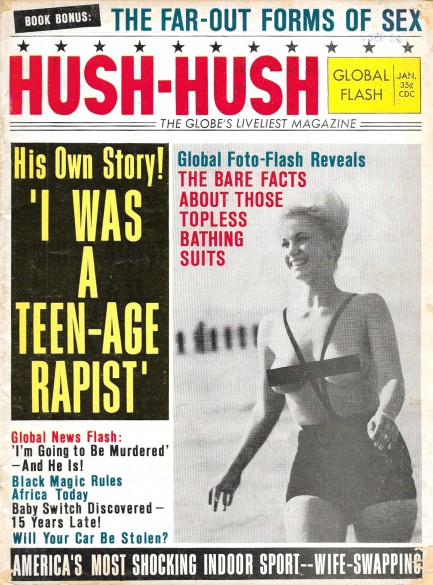
No, we're not going to get into teen-age rapist story that dominates this cover of Hush-Hush published back in January 1965. Though based on a real occurrence, the article is titillation disguised as crime reporting, written during an era when many men thought of rape in one of three ways: vandalization of personal property if the victim was his wife or girlfriend; an attack on the family castle if she was a relative; and she asked for it, which was reserved for most other women. We stress “many men,” not all. From what we gather the majority properly saw it as a heinous attack on the woman. Of course, the vicious nature of it didn't stop it from being widely used as a cinematic and literary device, but that's another discussion, one we've already had and doubtless will again.
Elsewhere on the cover you get photographic proof that topless bathing suits really did exist during the 1960s. There are only a few photos of the things, but Hush-Hush adds to the library of visual confirmation. Now we need proof of the existence of David Dodge's completely backless cache-sexe that made women look nude when viewed from the rear. He says they were worn on the French Riviera during the 1950s, but we have a feeling proof won't be forthcoming anytime soon, absent a time machine and careful coordinates. Lastly, the cover's bottom banner touts wife swapping. How popular was this practice? We can't know. We suggest asking your grandma. But first compliment her cooking: “This casserole is delicious, gram-gram. Did you and paw-paw ever screw other married couples for kicks? Can I have more peas?”
The next article we want to call attention to is, “How Do Tahitian Beauties Drive Men Wild?” Vintage novels that waxed pornographic about the sexual attitudes of Pacific Islanders were almost an official sub-genre, so this story was a must-read for us. And for you too, which can do below. At least mostly. We couldn't upload the entire thing. It's too long, but there's enough to give you the gist. And the gist is simply that Tahitians apparently had no taboos concerning sex, partners, and privacy. The story is framed around alleged trysts with various Hollywood stars, and how Hush-Hush avoided lawsuits from those stars is really a mystery. You'll be entertained. We will say, though, that it's rather unfortunate that the story is couched in insulting terms toward Tahitian women.
As a final note, Hush-Hush used a cheaper printing process and lower quality paper than other publications from the same rank. Those two aspects of the magazine worsened as time passed. By 1965, it was barely a step above the National Informers of the world in terms of technical values. Because of that our scans aren't great. The cheap printing resulted in a scanner moiré pattern on most of the black and white content (though the color came out fine). It's actually fixable in Photoshop or Gimp, so we hear, and we have both programs, but do we want to do all that work for cheap-ass Hush-Hush? We decided we didn't. Therefore, what you see is what you get—twenty-plus scans below.
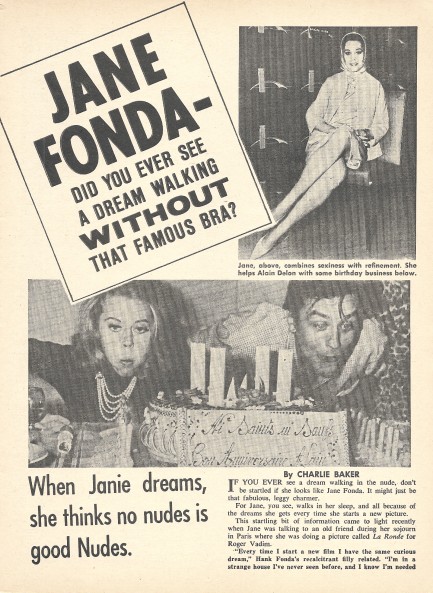 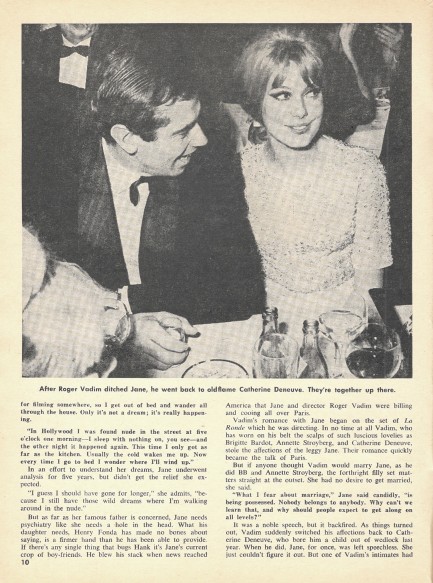 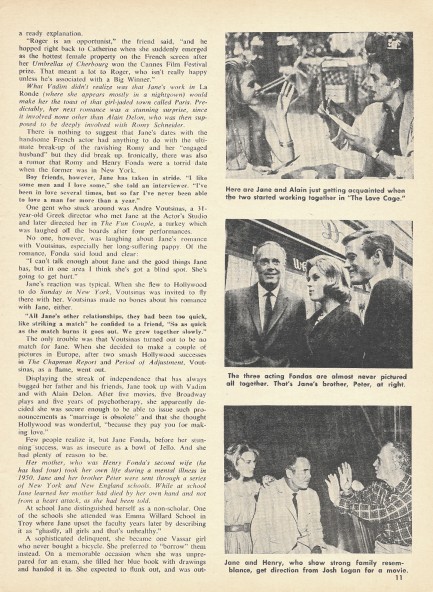 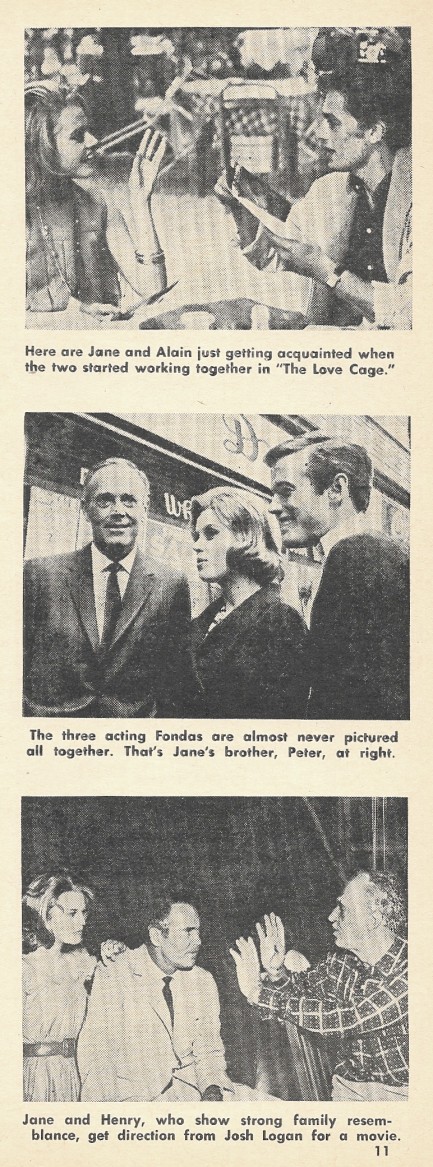 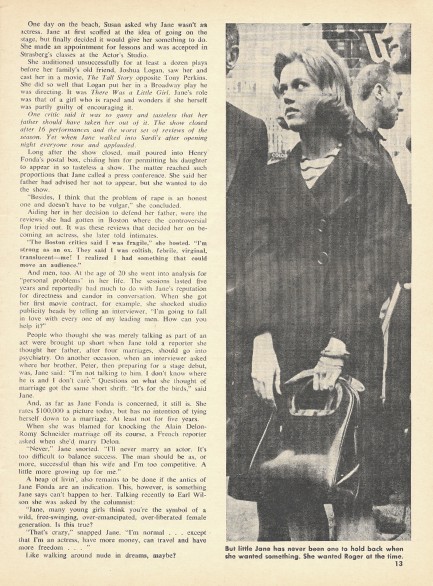 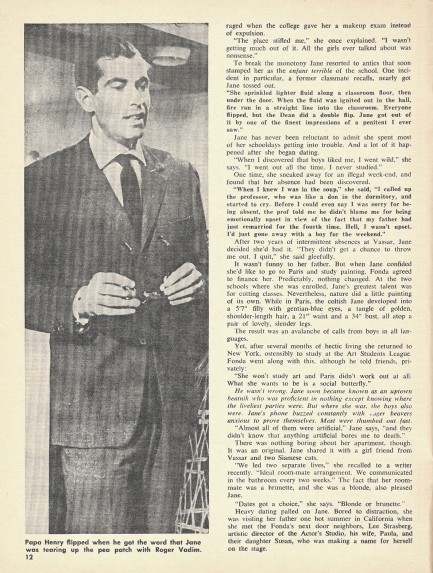 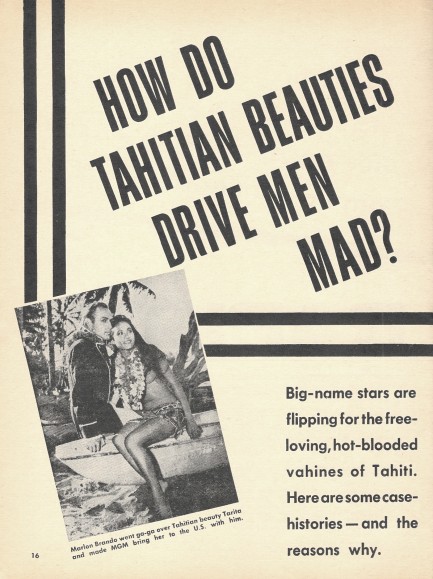 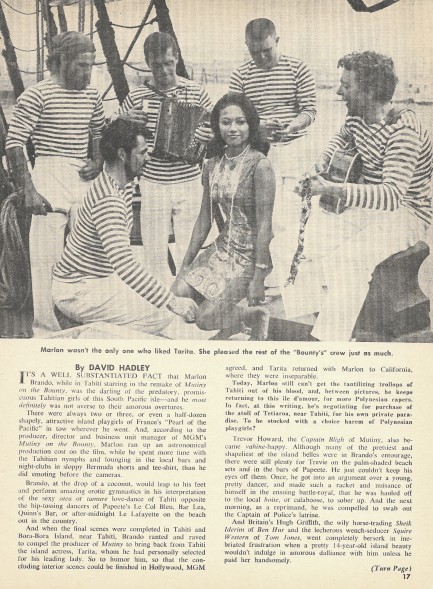  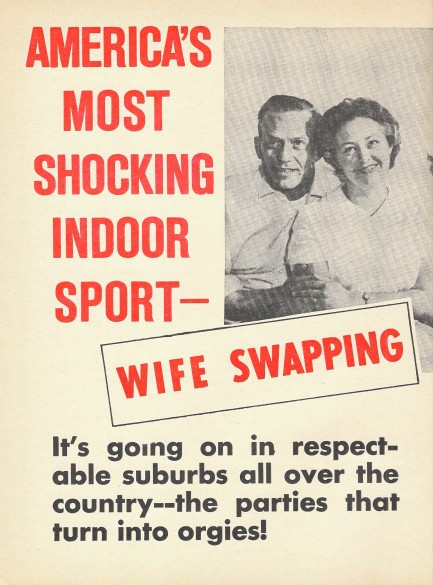 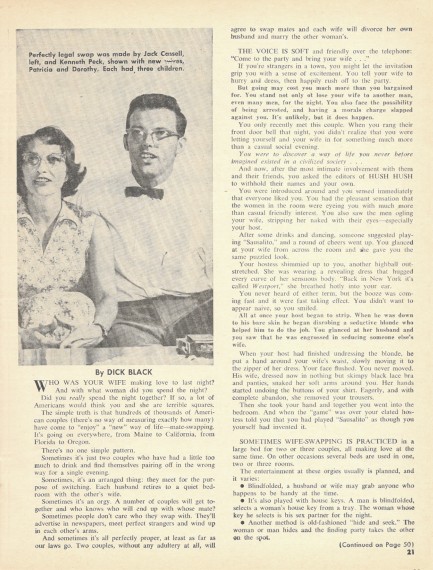 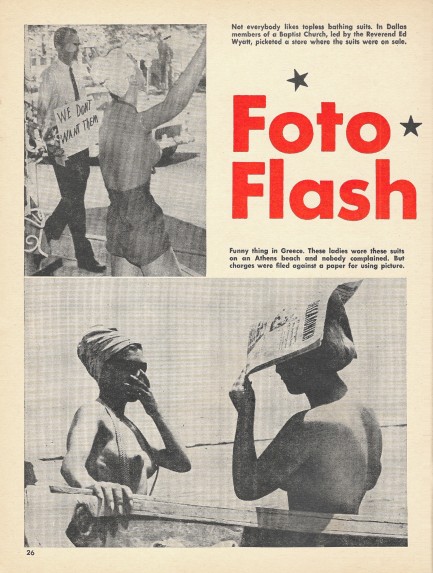 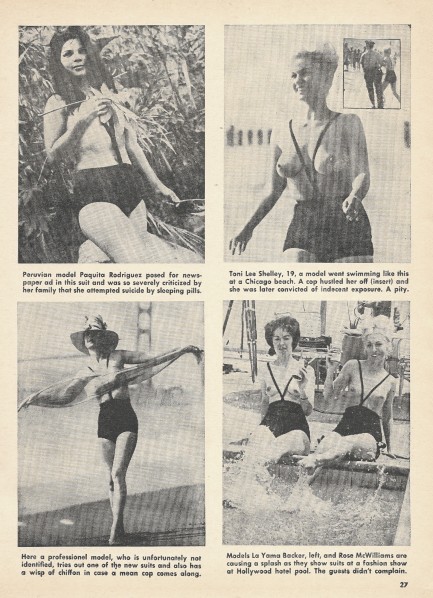 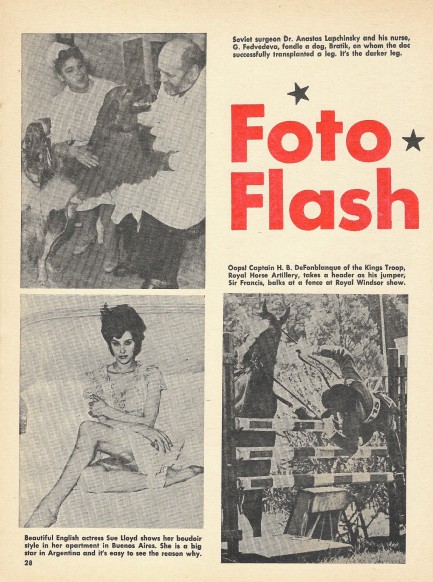 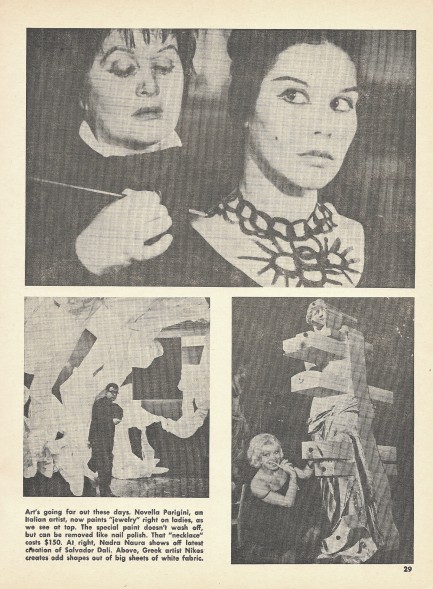 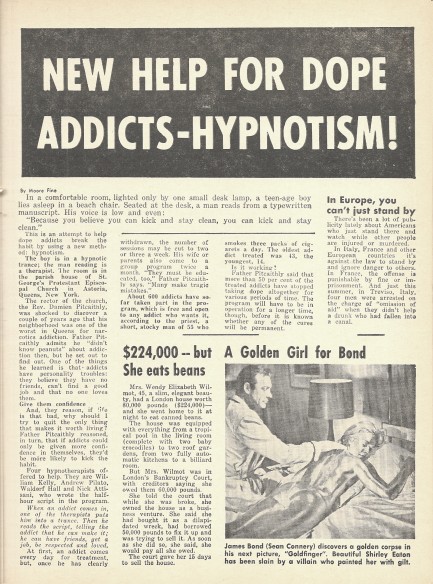 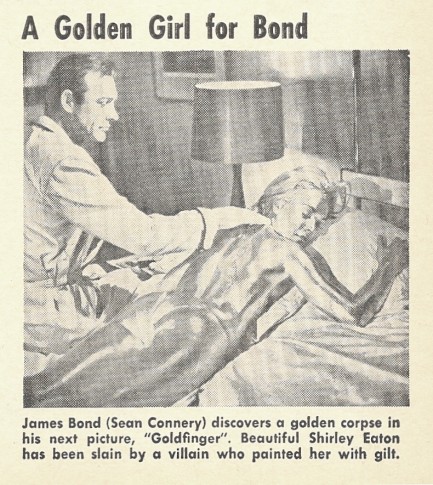 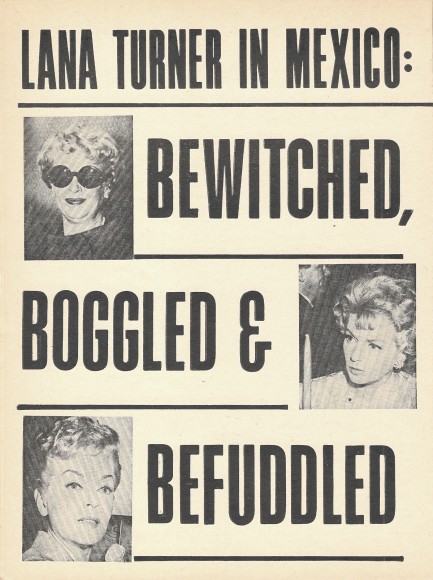 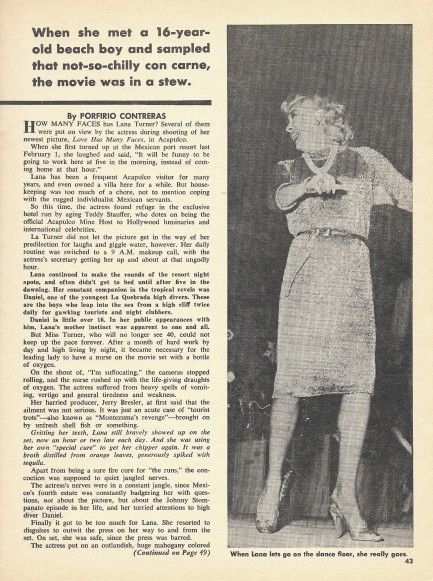 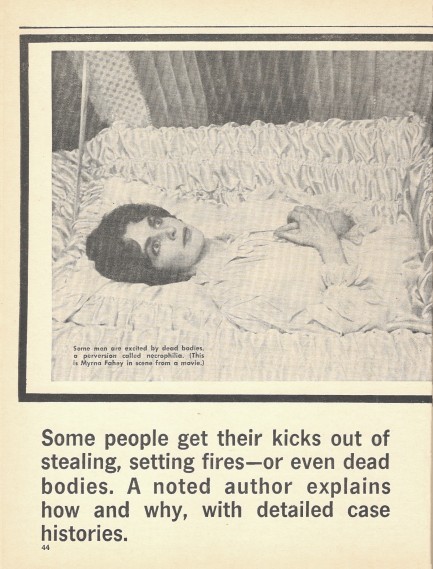 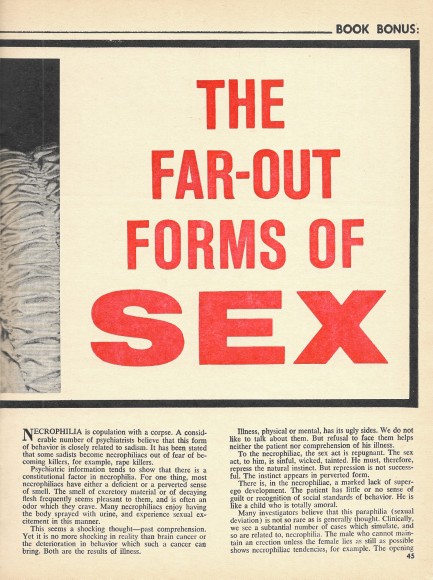 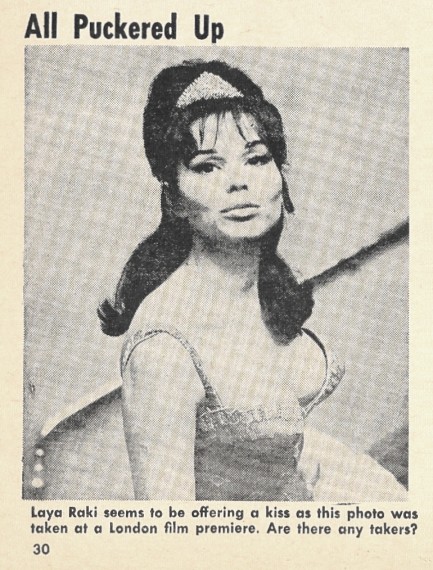 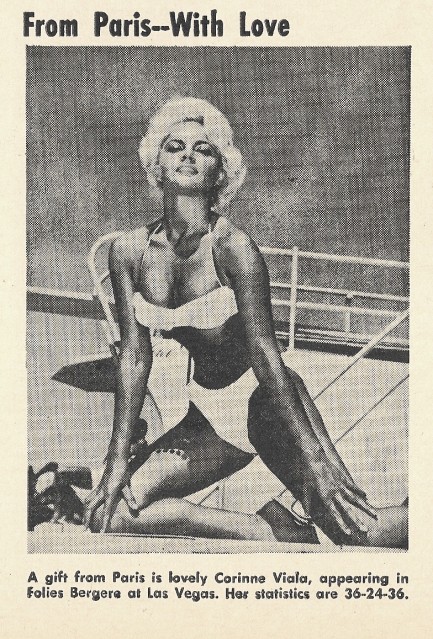
 This one is paved with bad intentions every inch of the way. 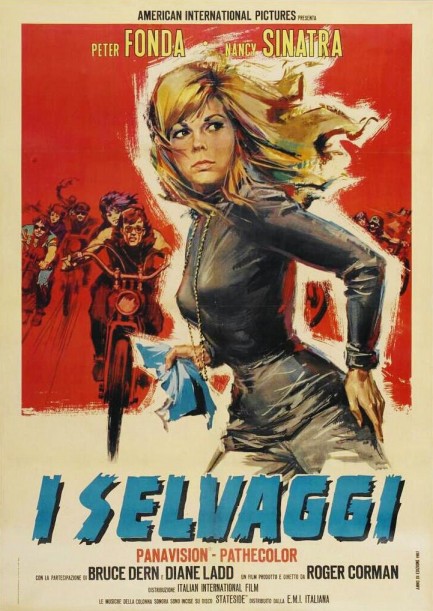 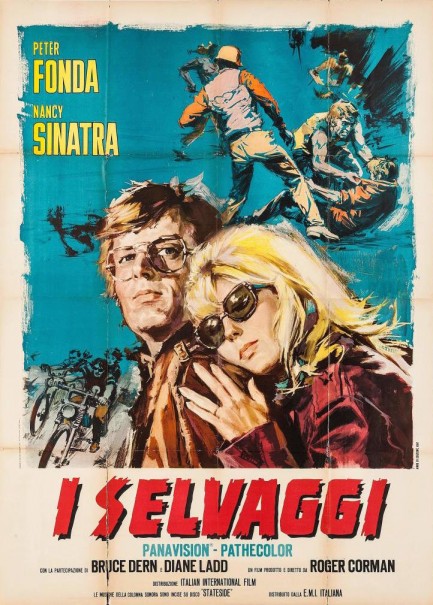
When we saw these two Italian posters for 1966's I selvaggi our eyes deceived us and we thought—for a wonderful split second—that they were for a film starring Frank Sinatra and Jane Fonda. But then we realized it was Nancy Sinatra and Peter Fonda, who are pretty big downgrades, quality-wise. No offense intended toward them. Fonda is an icon of cool, but not because he can act. We aren't aware of Nancy Sinatra wowing people with her thespian chops either. But we watched the movie anyway.
It's better known as The Wild Angels, and it's Roger Corman directed schlock from American International Pictures about a group called the Hell's Angels ripping and bombing around Southern California, causing problems to law abiding folk and the police. While it's obviously a take on the infamous motorcycle gang, in real life the gang spells its name without an apostrophe. Why that makes a difference in terms of trademark infringement we have no idea, but we assume that's why it was put there. Or maybe it's just a correction of an assumed typo in the real gang's name. Or maybe nobody even noticed the difference.
Whatever the case, the Hells Angels couldn't really have claimed that the racist and violent Hell's Angels portrayed by Fonda, Sinatra, Bruce Dern, and company differed greatly from reality. The real Angels may not have clobbered preachers and taken over churches for all night bacchanals, but they did some terrible shit. Despite the incendiary verisimilitude of the movie, it's mostly a bore—but one that helped establish the outlaw biker genre and pave the way for 1969's Easy Rider. For that it deserves a little credit. Now we're going to try and find out if Jane Fonda and Frank Sinatra ever acted together, because that's a movie we'd like to see.
 The man who went looking for America. 
Promo photo of Dennis Hopper, actor in Rebel without a Cause, Cool Hand Luke, and Apocalypse Now, also co-writer, co-star and director of the eternal Easy Rider, seen here circa 1955. Easy Rider's official tagline was: A man went looking for America—and couldn't find it anywhere. It was meant to describe Peter Fonda's character Captain America, but it is real-life maverick Hopper for whom the line always seemed more apt
 Television vamp got so high, she still hasn’t come down. .jpg)
Heather Locklear made a career playing the sexpot, but even she couldn’t beguile her way out of a Santa Barbara, CA traffic stop back in October. Now a judge has formally charged the actress with misdemeanor DUI for driving under the influence of pills. Precisely what kind of superpills these were we don’t know, but the last time we saw a girl look so spaced out she was running around in a cemetery with Dennis Hopper and Peter Fonda.
|
 |

The headlines that mattered yesteryear.
2003—Hope Dies
Film legend Bob Hope dies of pneumonia two months after celebrating his 100th birthday. 1945—Churchill Given the Sack
In spite of admiring Winston Churchill as a great wartime leader, Britons elect
Clement Attlee the nation's new prime minister in a sweeping victory for the Labour Party over the Conservatives. 1952—Evita Peron Dies
Eva Duarte de Peron, aka Evita, wife of the president of the Argentine Republic, dies from cancer at age 33. Evita had brought the working classes into a position of political power never witnessed before, but was hated by the nation's powerful military class. She is lain to rest in Milan, Italy in a secret grave under a nun's name, but is eventually returned to Argentina for reburial beside her husband in 1974. 1943—Mussolini Calls It Quits
Italian dictator Benito Mussolini steps down as head of the armed forces and the government. It soon becomes clear that Il Duce did not relinquish power voluntarily, but was forced to resign after former Fascist colleagues turned against him. He is later installed by Germany as leader of the Italian Social Republic in the north of the country, but is killed by partisans in 1945.
|

|
|

It's easy. We have an uploader that makes it a snap. Use it to submit your art, text, header, and subhead. Your post can be funny, serious, or anything in between, as long as it's vintage pulp. You'll get a byline and experience the fleeting pride of free authorship. We'll edit your post for typos, but the rest is up to you. Click here to give us your best shot.

|
|




























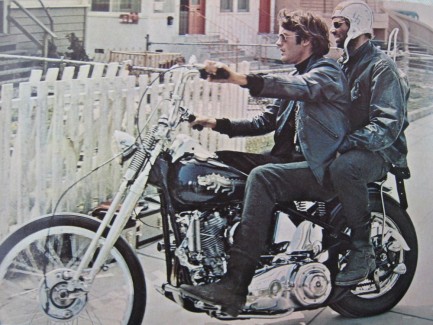
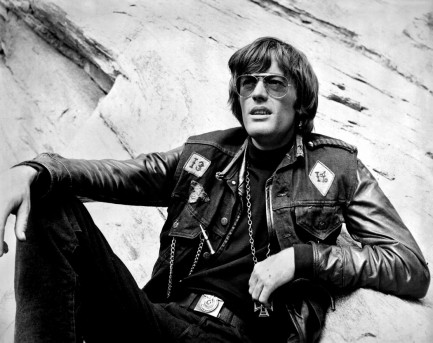
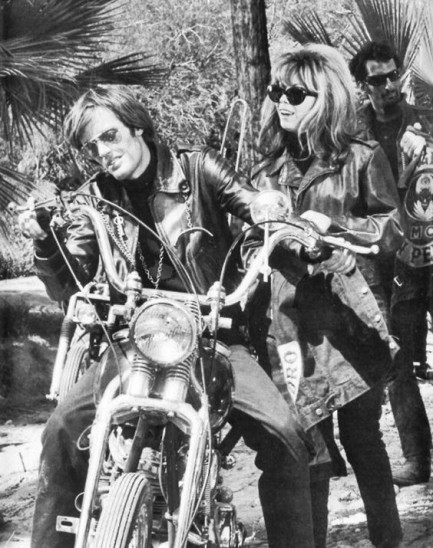
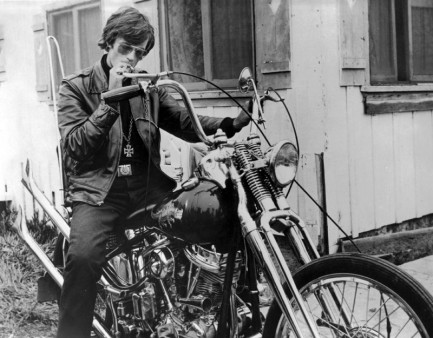
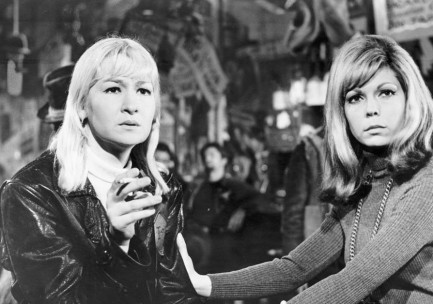
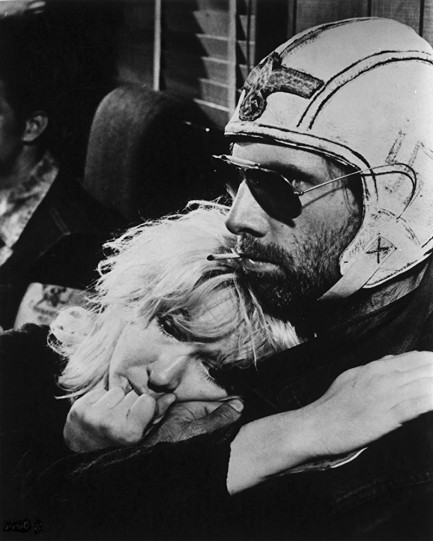
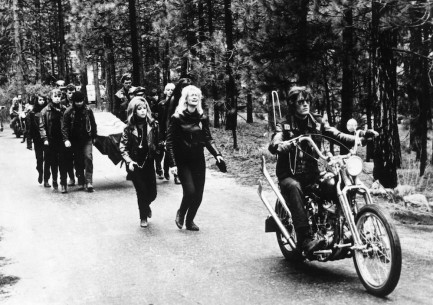



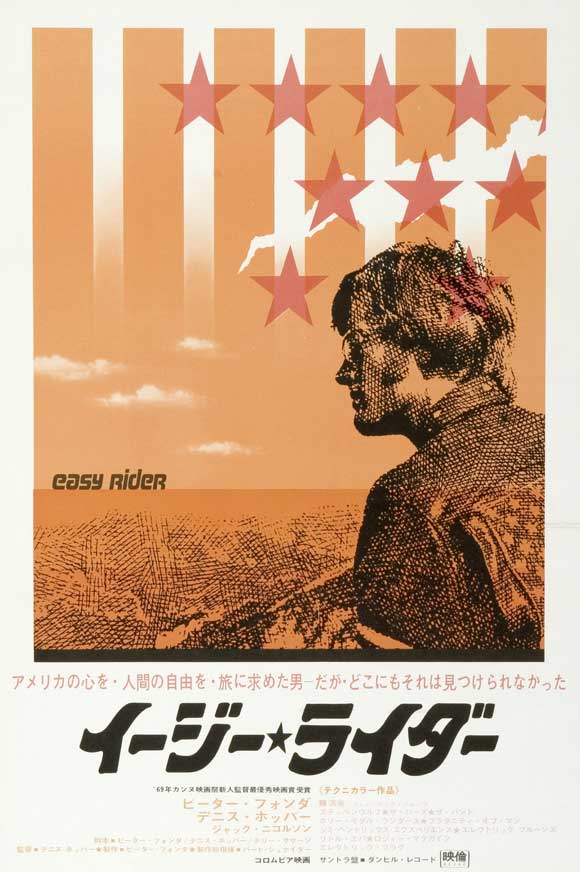
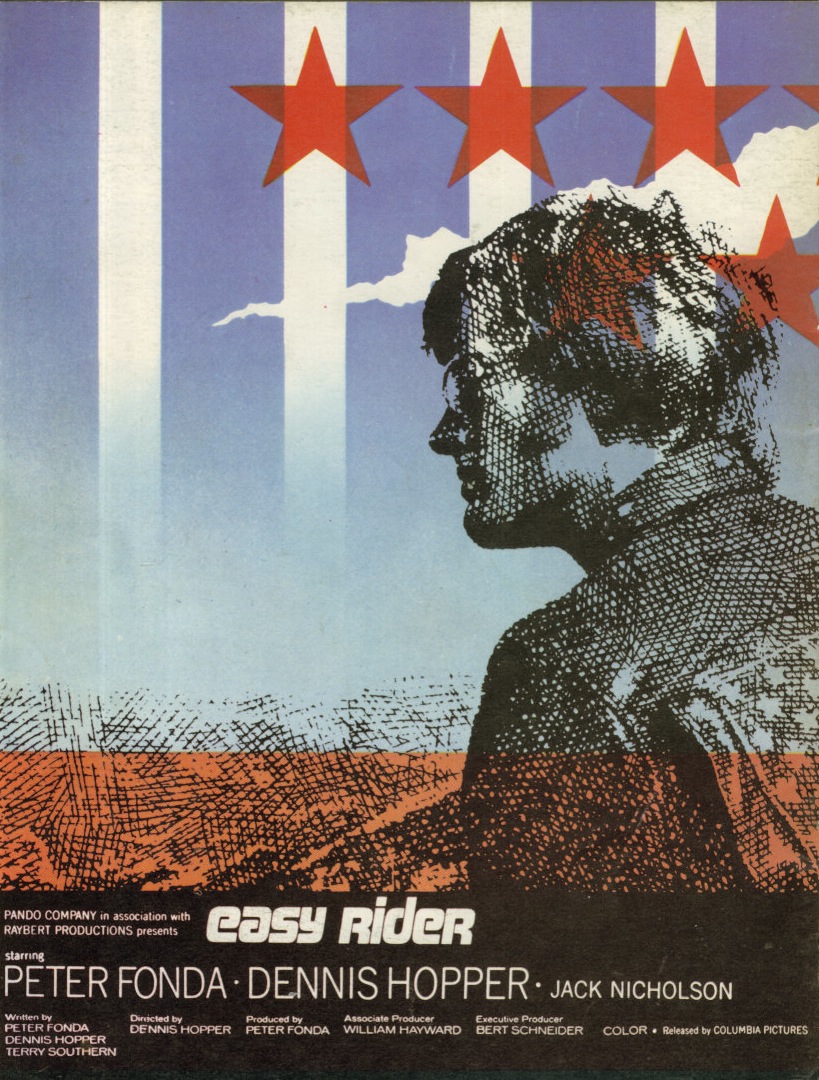
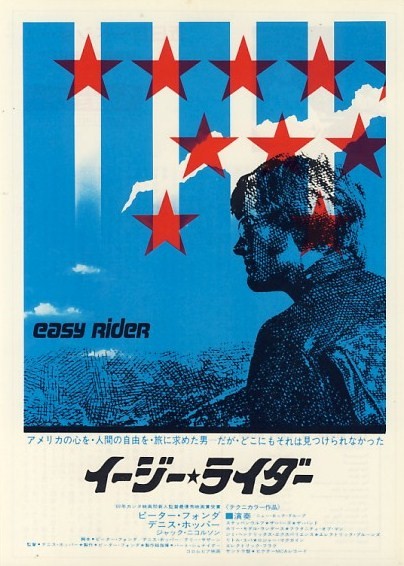
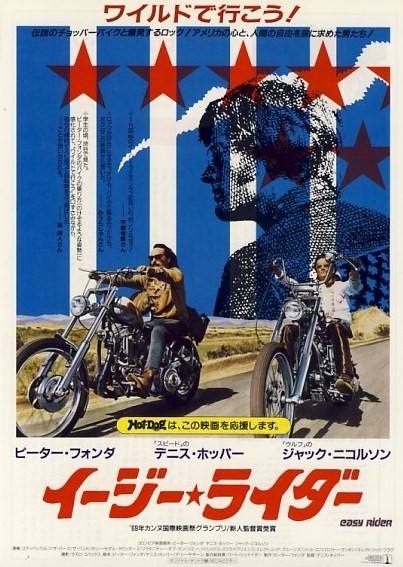
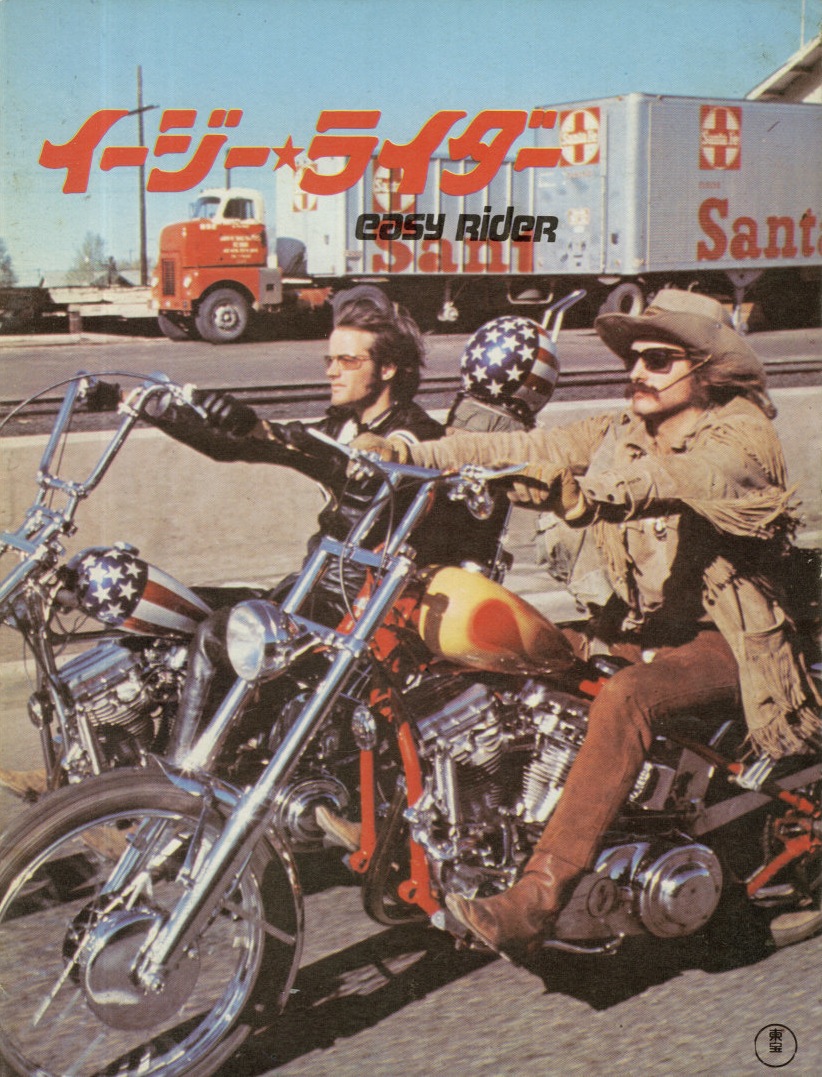

.jpg)




































































